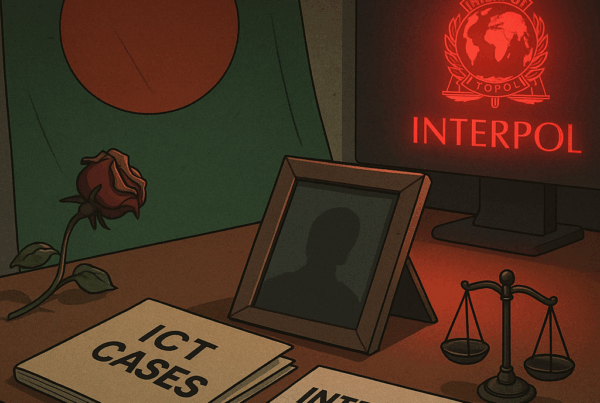The INTERPOL General Assembly, meeting in Glasgow from 4 to 7 November 2024 at its 92nd session, recently approved a substantial 60% budget increase for the Commission for the Control of INTERPOL’s Files (CCF). The 2025 budget allocation rises to €4 million, up from €2.5 million in 2024, marking the most substantial single-year increase in recent history. To provide perspective on this growth, the budget was €1,241,000 in 2022 and €1,736,000 in 2023, showing a steady rise in resources allocated to the CCF over recent years.
New Resolution for Increased Remuneration and Working Days
In addition to the budget increase, the General Assembly passed a Resolution to double the annual allowance for CCF members, from €20,000 to €40,000. This decision acknowledges the considerable workload CCF members face. Furthermore, the number of permissible working days has been significantly increased—from 26 to 80 for members and up to 125 for the Chair starting in 2026. These changes are likely aimed at enabling the CCF to meet more frequently and handle cases more promptly.
Enhancing Efficiency and Reducing the CCF’s Backlog
These changes come at a critical time for the CCF. As a vital safeguard within INTERPOL, the CCF is responsible for examining and deciding on requests from individuals seeking access to data about themselves held in INTERPOL’s systems. It also reviews requests for the correction or deletion of such data and handles applications for revising previous decisions. The CCF operates with a permanent Secretariat of just 15 staff members who assist the seven CCF members, currently meeting only four times a year for sessions of five days each.
In 2022 alone, requests to the CCF grew by 37%, totaling over 2,500 cases. The complexity of these cases is also on the rise. Despite statutory timeframes designed to ensure timely resolutions, this limited team is overwhelmed, sometimes taking years to resolve individual cases. This has raised concerns about the CCF’s ability to offer an effective remedy for those challenging data held by INTERPOL.
Without data for 2023 and 2024, it’s hard to quantify the current load, but the trend suggests that case numbers continue to grow. The increased funding will help alleviate some of this pressure by allowing the CCF to increase its operational capacity and potentially hire additional legal staff. An expanded team, especially more lawyers handling deletion requests, would reduce backlogs, accelerate case resolutions, and support greater transparency by facilitating the publication of more anonymized decisions. These published decisions are essential for understanding the CCF’s jurisprudence, offering insight into how the Commission interprets and applies INTERPOL’s legal frameworks.
Why This Matters
While it’s too soon to know if this increase will completely eliminate the CCF’s backlog, it certainly marks a significant step forward. These changes will hopefully allow the CCF to offer more timely decisions, thereby improving access to justice for applicants and fostering trust in INTERPOL’s commitment to uphold human rights and the rule of law.





